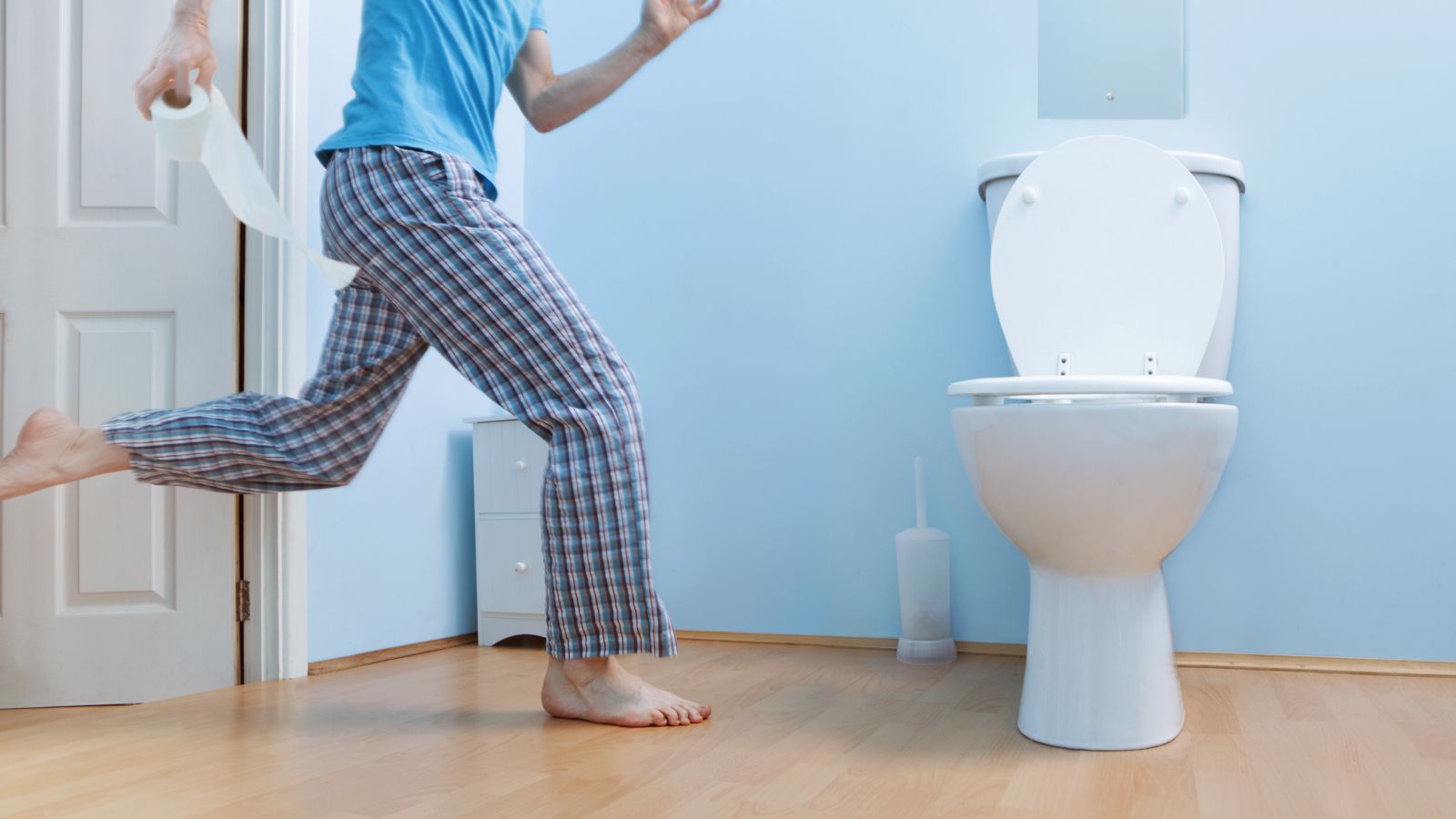You’ve downed a cup of strong coffee, and soon you have an urge to poop. After you’ve done your business, you feel a sense of relief. So why does that bowel movement feel so satisfying?
“For something that is one of the most common things humans do, I still think we’re lacking in complete understanding of how pooping works and why it offers relief,” Dr. Hannibal Person, a pediatric gastroenterologist at Seattle Children’s Hospital, told Live Science. There are many physical, behavioral and psychological factors that could contribute to this feeling.
“We can clench our anus, tighten up our pelvic floor, even flex other muscles, like our hamstring, to kind of hold things back,” Person said. But that uncomfortable pressure tells us to get to a bathroom.
Emptying out the bowels by releasing stool relieves this pressure, which feels good. This has been implied in functional MRI studies of the brain, said Dr. Lucinda Harris, a gastroenterologist and motility specialist at Mayo Clinic Alix School of Medicine in Arizona.
“When you relieve the distension, areas like the anterior cingulate gyrus and the insula show a reward response,” she said. These regions of the brain play a role in reacting to pain and relief of pain.
The gut communicates to the brain via the vagus nerve, one of the major cranial nerves. Evacuating the bowels stimulates the vagus nerve. This can lower a person’s blood pressure and heart rate, creating a relaxing feeling, Person said. Relieving the pressure and discomfort can also reinforce the behavior in a positive way.
While less understood than the effect on the vagus nerve, a bowel movement may also stimulate the pudendal nerve, said Person. This main nerve of the pelvis helps control the tension of the pelvic floor.
Holding back poop tenses up the pelvic floor muscles. “If people are holding on or tight, that creates more pain and tension in the area,” Harris said. “Teaching people to relax those muscles is extremely important.”
